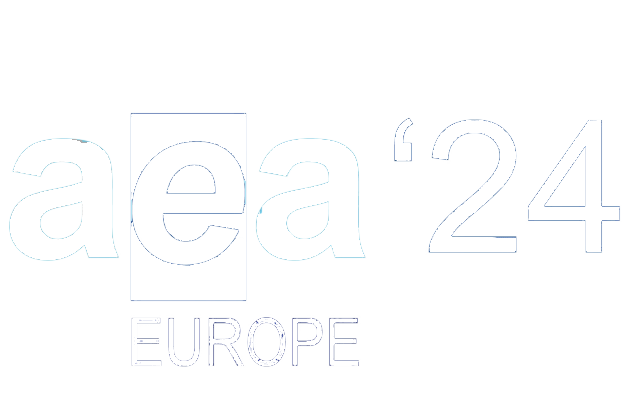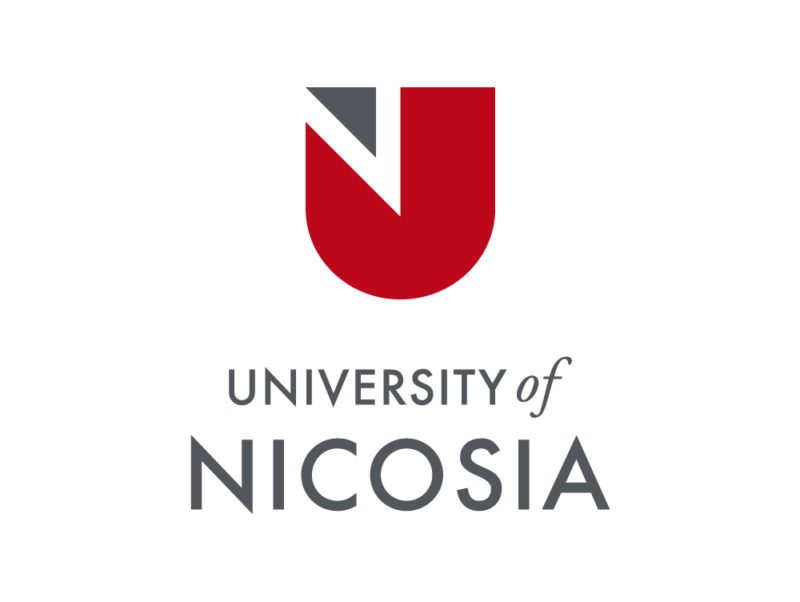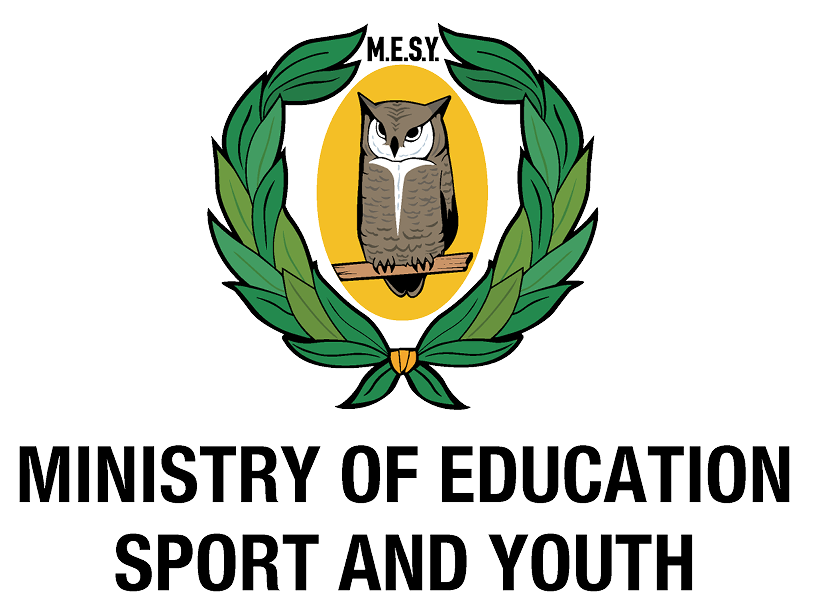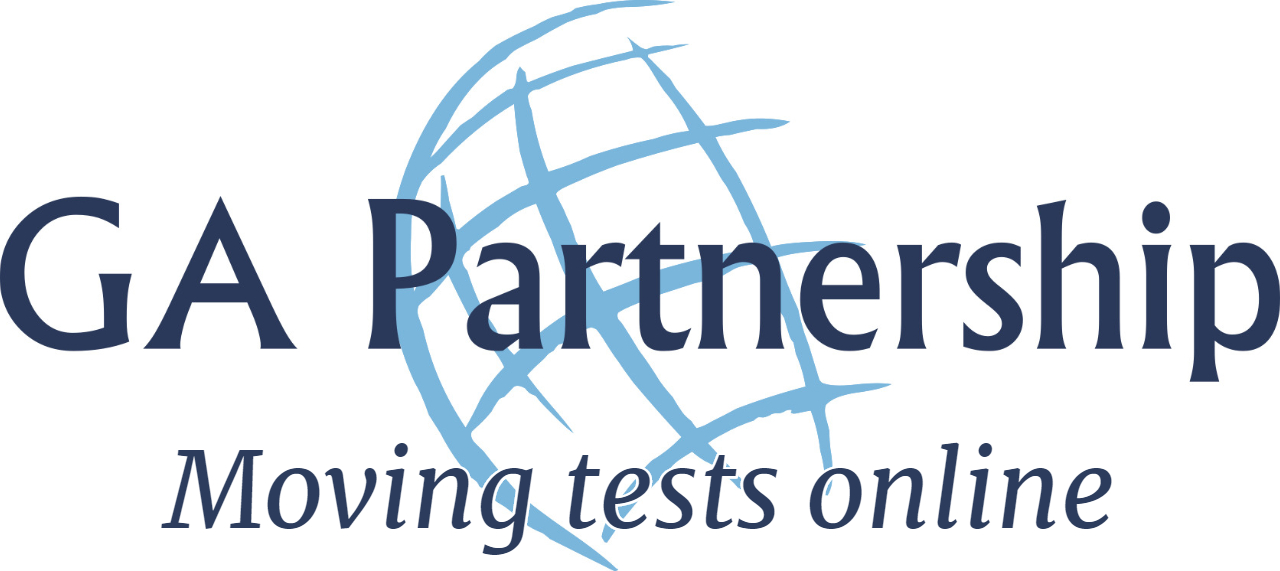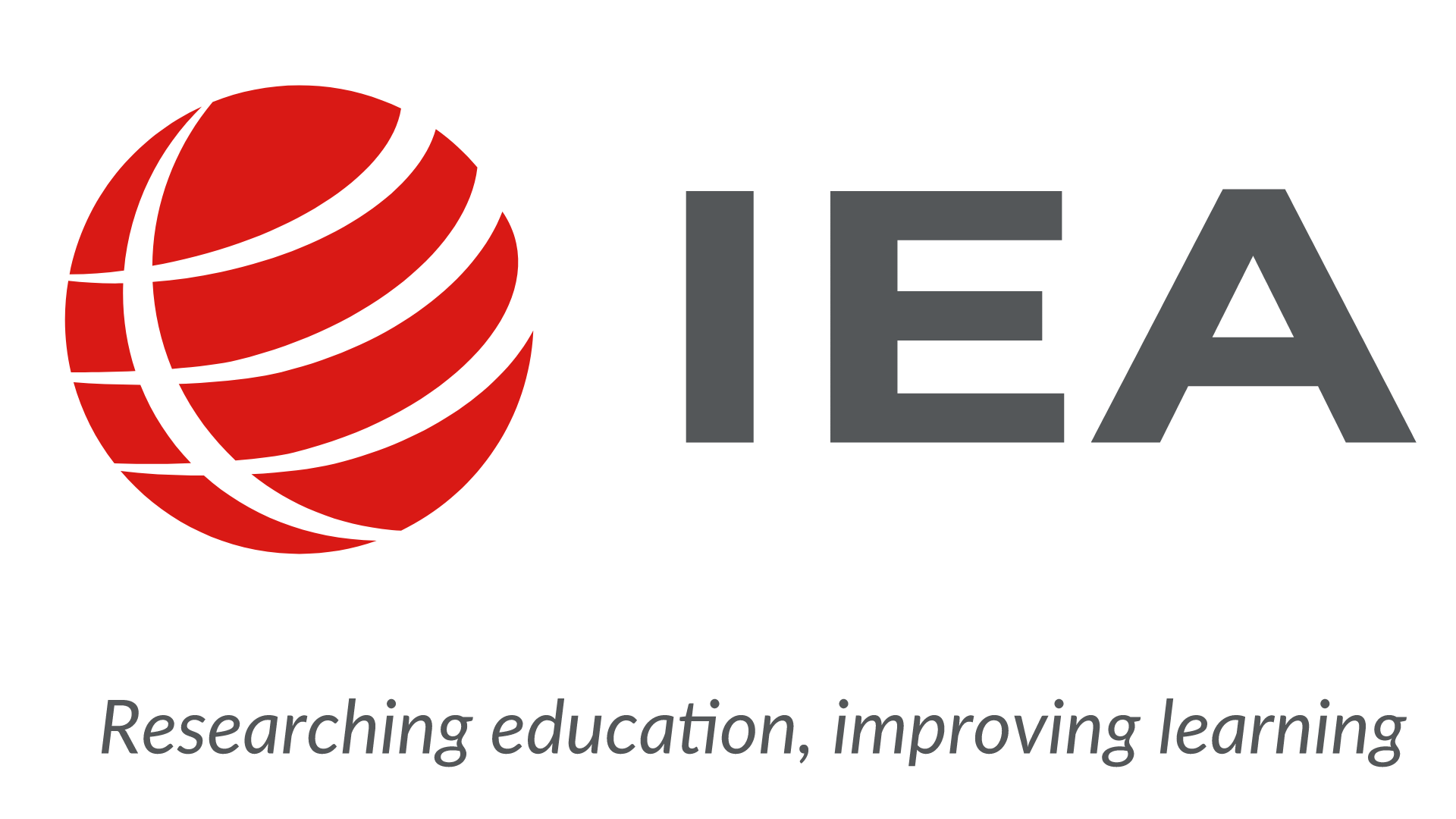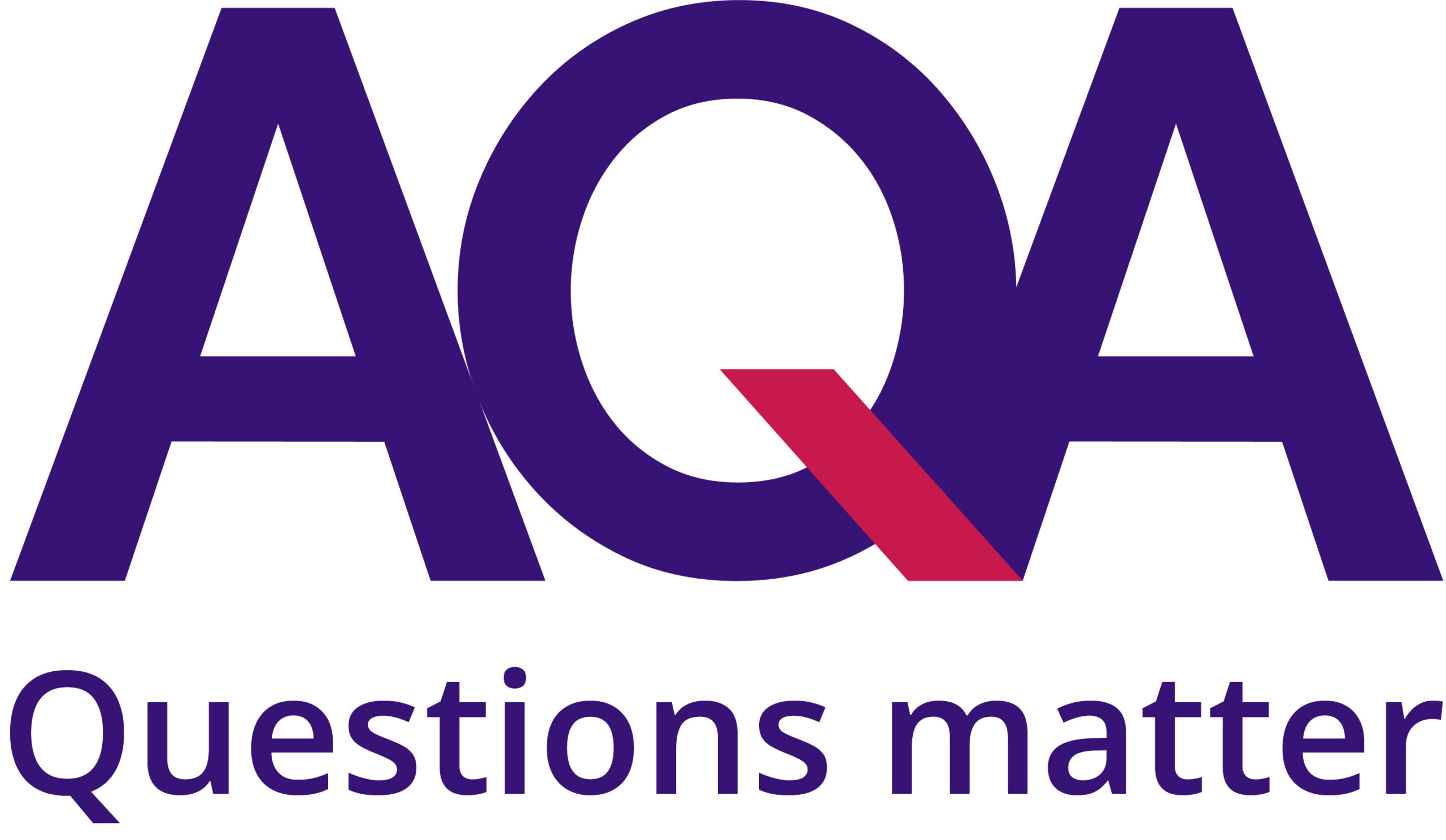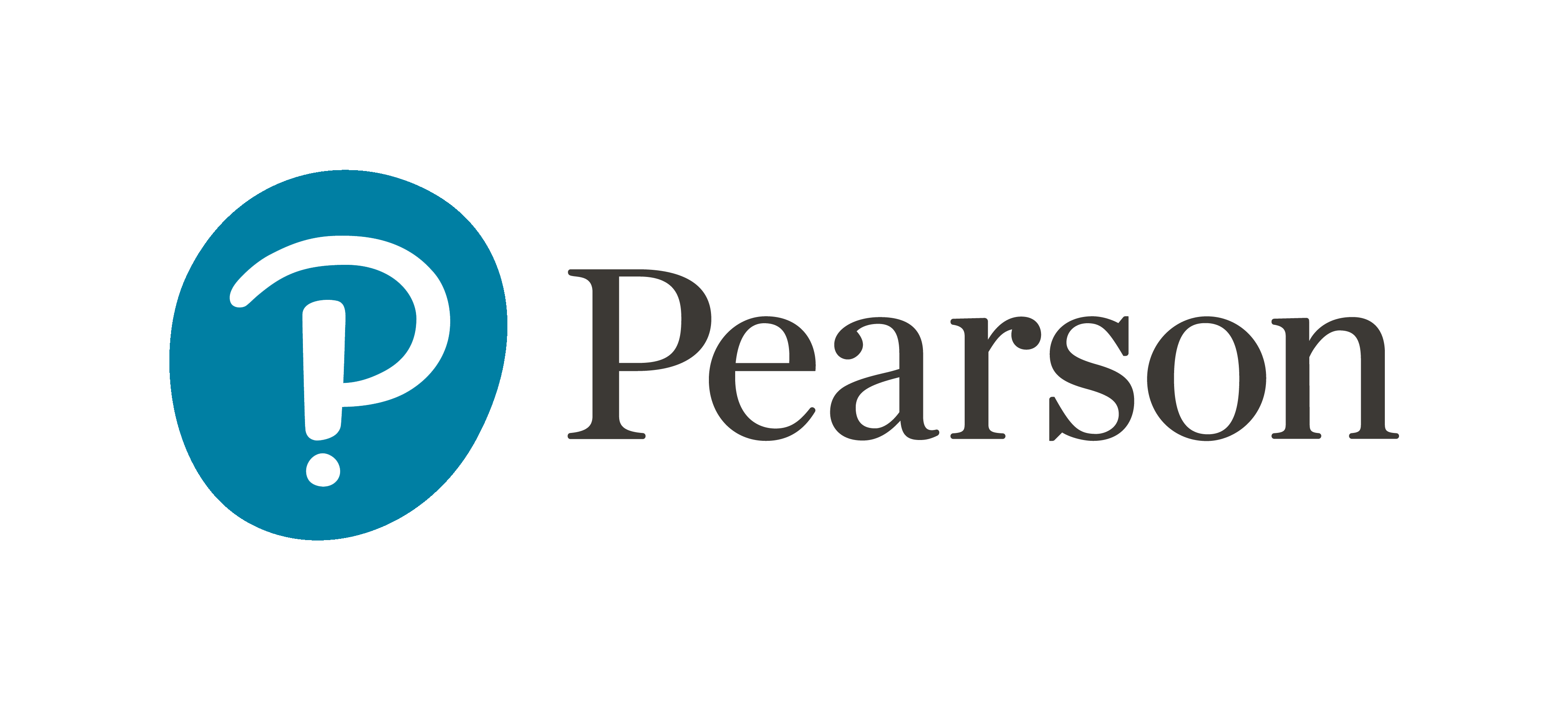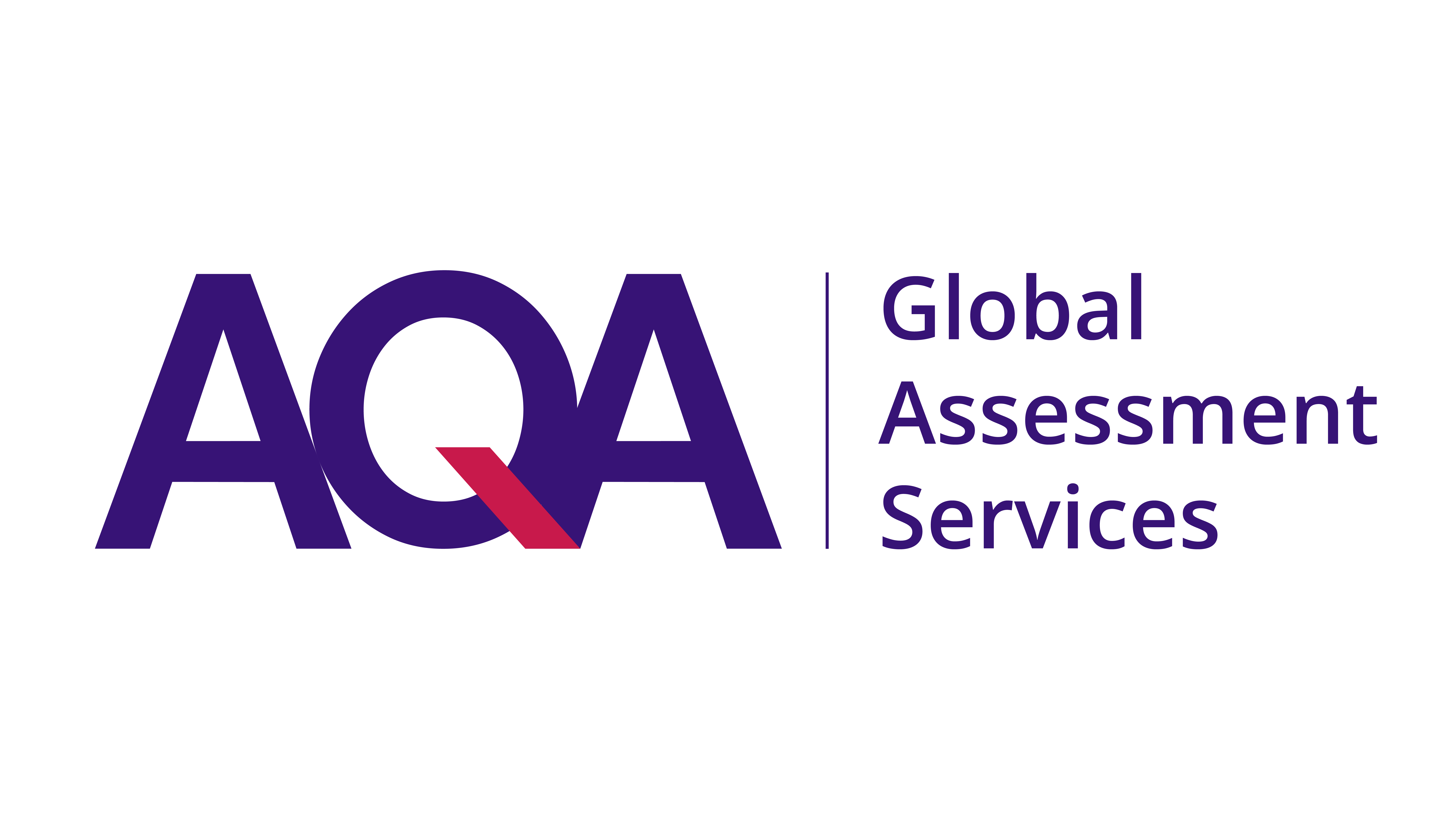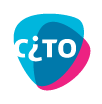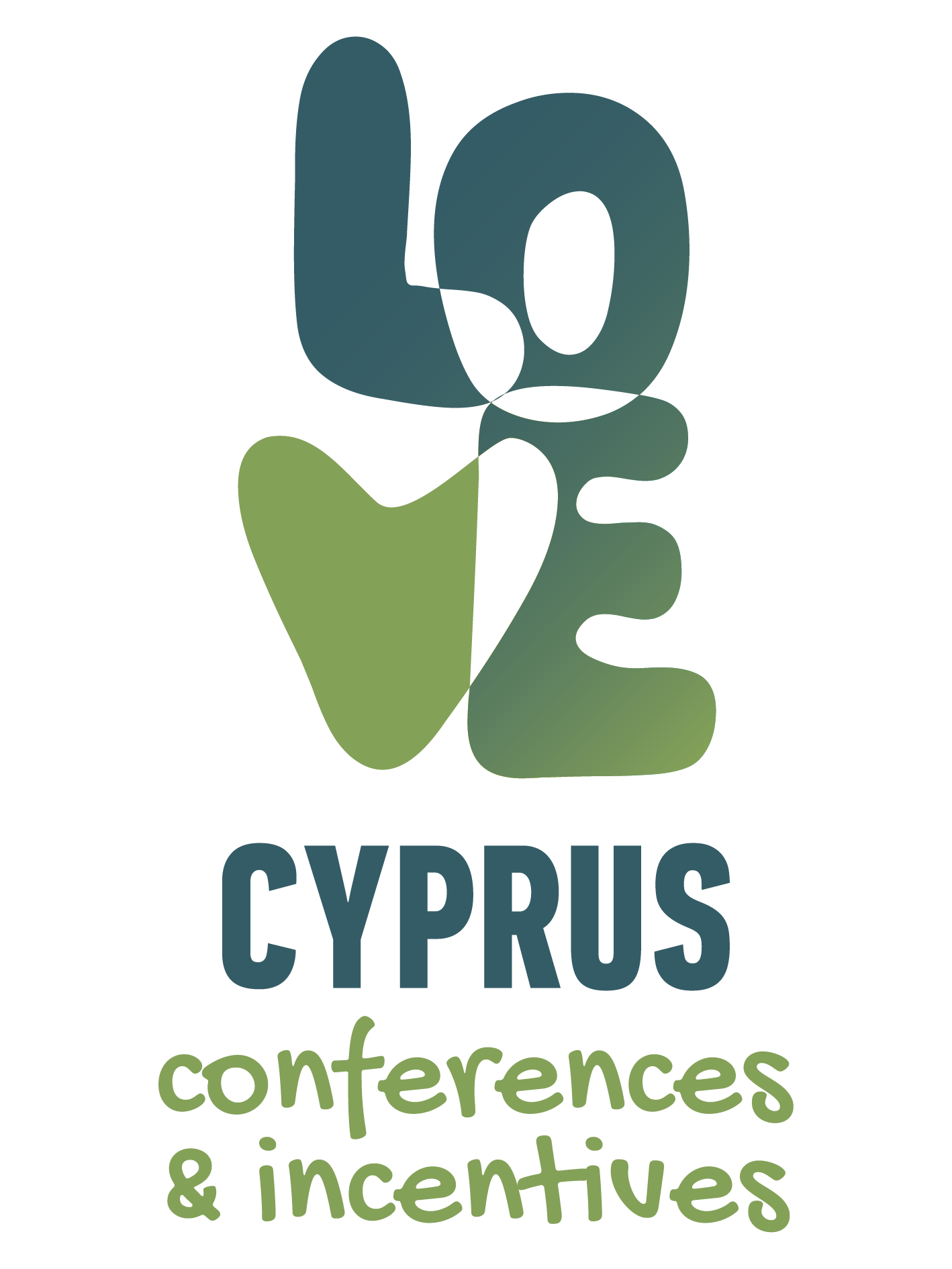Welcome
AEA-Europe 2024 is the 25th Annual Meeting of the Association for Educational Assessment – Europe. AEA-Europe is the foremost association for all assessment professionals throughout Europe.
Latest News
- Program is now available
- Submission Deadline has been extended to Monday 29th of April, 2024.
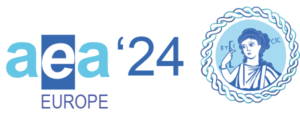
Click here for the history behind our logo
Important Dates
- Main conference: November 7-9, 2024
- Pre-conference workshops: November 6, 2024
- Submission deadline for pre-conference workshops: April 6, 2024
- Submission deadline (other than workshops): April 20, 2024 April 29, 2024
- Acceptance notification: June 30, 2024
- Deadline for registration by presenters: August 31, 2024 September 20, 2024 (Extended)
- Early registration deadline: September 08, 2024 September 20, 2024 (Extended)
- Online registration closes: October 6, 2024 October 20, 2024
Theme
Advances in Educational Assessment Practices: Considering the use of Technology, Artificial Intelligence, and Process Data for Assessment in the 21st Century
Educational assessment has long been an integral part of educational systems worldwide, guiding our understanding of student learning and informing educational policies and practices. Within these systems, paper-and-pencil tests have traditionally been the primary method for assessing students’ knowledge and skills. In the 21st century however, with the advancement of technology, the wider adoption of computer-based tests, and the availability of vast amounts of process data, the landscape of educational assessment is evolving very rapidly.
Read More
By building on the momentum of the previous conference, we are excited to continue the exploration by investigating and improving traditional assessment practices and drawing attention to alternative assessment strategies that utilize process data and AI models, amongst others.

An interview with Dr. Elena Papanastasiou, host of the AEA-Europe 25th annual conference
Dr. Elena Papanstasiou, host of the AEA-Europe annual conference, talks to Amina Afif about the choice of the conference theme, with a special focus on technology, artificial intelligence and process data for assessment, the highlights of the conference and what she hopes the conference will achieve.
Interview carried out by Amina Afif, member of the Communications committee.

An interview with Prof. Christopher DeLuca, keynote speaker at the AEA-Europe 25th annual conference
Shaping the Future of Assessment: Dr. Christopher DeLuca’s Vision for a Human-Centred Approach in the Age of AI.
Interview carried out by Amina Afif, member of the Communications committee.
Exploring the Future of Educational Assessment: A Preview of the AEA Europe Conference
Dr. Elena Papanastasiou, host of the AEA-Europe 2024 annual conference, talks to Amina Afif about the theme and highlights of the conference.
The upcoming AEA-Europe 2024 annual conference on the 6-9th November in Paphos, Cyprus will address one of the most pressing topics in education today: advances in educational assessment practices. This year’s conference, hosted by the University of Nicosia under the auspices of the Ministry of Education, Sport and Youth, promises to be a rich confluence of ideas, innovations, and networking opportunities for educators and researchers alike. In this article, Dr. Elena Papanastasiou, the Dean of the School of Education at the University of Nicosia, shares her insights into what attendees can expect from this significant event.
The central theme of the conference, “Advances in Educational Assessment Practices,” underscores the importance of integrating technology, artificial intelligence (AI), and process data into educational assessments. Dr. Papanastasiou emphasizes the urgency of this theme, noting that while research in assessment has been extensive, its practical implementation in classrooms often lags. With AI now a ubiquitous force across sectors, educators can no longer afford to ignore its implications. The conference aims to bridge the gap between theoretical research and practical application, encouraging educators to rethink assessment strategies in the AI era.
Keynote speakers will delve into various aspects of AI and its impact on assessment practices and attendees can look forward to engaging presentations that adhere closely to the conference theme. This focus ensures that participants will receive the most current and relevant insights into how AI can transform educational assessments, making them more reflective of students’ true capabilities.
One of the highlights of the AEA Europe Conference is the poster sessions, which have always been a favourite among attendees. This year, the conference will feature an expanded format with two separate poster sessions to accommodate the increased number of presentations. These sessions provide a dynamic platform for researchers to share their work and receive feedback, fostering a collaborative environment that is both informative and inspiring. Following the presentations, presenters will be available to discuss their posters in more detail, facilitating deeper engagement and discussion.
The conference venue at the Coral Beach Hotel offers a unique blend of academic rigor and leisure. Situated right on the beach, the hotel provides an idyllic backdrop for the event, allowing attendees to unwind by the sea or enjoy the hotel’s indoor and outdoor pools. The social events, including a gala dinner at the nearby Thalassa Hotel and a cocktail reception, are designed to enhance networking opportunities while offering a taste of Cypriot hospitality. These relaxed settings are ideal for fostering informal discussions and building lasting professional relationships.
Networking and collaboration are integral components of the AEA-Europe Conference. The event’s structure encourages meaningful interactions among delegates, from early career researchers to seasoned practitioners. Specific sessions are dedicated to PhD students and early career researchers, providing them with a platform to connect, share their work, and receive mentorship. This emphasis on networking ensures that attendees leave the conference with valuable connections and collaborative opportunities that extend beyond the event itself.
Dr. Papanastasiou’s hope for the conference is that it will not only advance the field of educational assessment but also lead to tangible changes in classroom practices. By bringing together a diverse group of educators and researchers from around the world, the AEA-Europe Conference aims to spark new ideas, inspire innovative approaches, and ultimately, enhance the quality of education. Whether you are a seasoned researcher or a practitioner in the field, this conference is a must-attend event. Join us in Paphos to explore, learn, and contribute to the future of educational assessment practices.
Shaping the Future of Assessment: Dr. Christopher DeLuca’s Vision for a Human-Centred Approach in the Age of AI.
As we approach the 25th AEA-Europe Annual Conference in Cyprus in November this year, excitement is building around the theme “Advances in Educational Assessment Practices: Considering the use of Technology, Artificial Intelligence, and Process Data for Assessment in the 21st Century.” Among the highlights of the event is the keynote speech “From Artificial Intelligence to Assessment Innovation: Toward a More Human Future for Assessment Research and Practice” by Dr. Christopher DeLuca, a leading expert in educational assessment from Queen’s University in Canada. Dr. DeLuca’s work centres on innovative classroom assessment practices, with a particular emphasis on supporting the diverse needs of students and empowering teachers to cultivate assessment innovation in their classrooms. His research focuses on teacher learning and the critical role of assessment in enhancing educational outcomes.
In our conversation, Dr. DeLuca shared insights into the pressing challenges of today’s rapidly evolving educational landscape. His keynote will delve into the intersection of AI and educational assessment, offering a forward-thinking perspective on how these technological advancements can transform the way we evaluate student learning. But rather than simply advocating for more technology, Dr. DeLuca emphasizes the importance of maintaining the human elements that are crucial to meaningful assessment—creativity, collaboration, and community engagement. His argument is clear: while AI presents powerful tools, the future of assessment lies in enhancing these uniquely human capacities.
Reflecting on the conference theme, Dr. DeLuca’s keynote will delve into how assessment practices can evolve to address broader global challenges, such as sustainability and well-being. He suggests that the future of assessment be grounded in care and compassion, considering not just academic outcomes, but also the overall well-being of students and their connection to the broader community and environment. This holistic approach is essential in responding to the pressing issues of our time and creating a more humane educational experience.
One of the key takeaways from Dr. DeLuca’s address will be the role of educators in this rapidly changing landscape, especially as the integration of AI into educational settings can evoke mixed reactions—from excitement to anxiety. Dr. DeLuca understands these challenges. He says these reactions are all healthy and productive, as we cannot simply uproot core well-grounded assessment values and tenets overnight. He stresses the importance of supporting teachers through this transition. By providing practical models and frameworks for responses, the aim is to empower educators to embrace innovation while preserving the core values of effective teaching and assessment.
This year’s conference is not just about presenting solutions, but also about fostering dialogue and collaboration among educators, researchers, and policymakers. Dr. DeLuca sees the AEA-Europe 2024 conference as a unique opportunity for you to engage with cutting-edge ideas, share your experiences, and explore the future of assessment together. His keynote will serve as a starting point for these important conversations, encouraging you to think differently about the role of technology and AI in education and how we can collectively shape the future of assessment.
Whether you are an academic, a practitioner, or a policymaker, this is an opportunity to gain fresh perspectives on the future of educational assessment. Make sure to mark your calendar for Dr. DeLuca’s keynote as you will gain valuable insights into how AI can be integrated into educational assessment in ways that enhance, rather than replace, the human touch. His insights will consider new approaches that prioritize the well-being and holistic development of students and not only illuminate the possibilities but also inspire actionable steps that can be implemented in classrooms worldwide.
Discover CYPRUS

Cyprus is the third largest island in the Mediterranean with an area of 9.251 sq. kms. Cyprus has 5 lovely Botanical Gardens that one can visit and spend a relaxing day.
Advances in Educational Assessment Practices:
Considering the use of Technology, Artificial Intelligence, and Process Data for Assessment in the 21st Century
Educational assessment has long been an integral part of educational systems worldwide, guiding our understanding of student learning and informing educational policies and practices. Within these systems, paper-and-pencil tests have traditionally been the primary method for assessing students’ knowledge and skills. In the 21st century however, with the advancement of technology, the wider adoption of computer-based tests, and the availability of vast amounts of process data, the landscape of educational assessment is evolving very rapidly. Moreover, the recent emergence and wide availability of generative artificial intelligence (AI) models such as ChatGPT is currently pushing the field into more innovative directions. Recognizing the potential of integrating AI and process data for transforming the way we evaluate, deliver feedback, and understand student learning, we are provided with research opportunities and valuable insights that go beyond the mere quantification of correct and incorrect answers from traditional paper-and-pencil tests.
The first focal point of the conference theme is Artificial Intelligence and Assessment, which promises to revolutionize the assessment landscape. Machine learning algorithms offer the potential to enhance the validity, reliability, and efficiency of testing procedures. AI-driven assessment systems can adapt to individual students’ learning profiles, identifying strengths and areas for improvement to provide personalized feedback and learning pathways. As we explore the application of AI in assessment, we must also address issues related to the misuse of AI, as well as issues of ethics, fairness, transparency, accessibility, and bias to ensure that the implementation aligns with ethical considerations.
The second focal point of the conference theme is Leveraging Process Data in Assessment, by delving into the richness of data that emerge from students’ interaction processes with a test. The analysis of process data, encompassing response times, answer changes, keystrokes, and other behavioral indicators, can provide unprecedented opportunities to gain deep insights into students’ thought processes, learning strategies, and test-taking strategies. By understanding the examinee cognitive processes during test-taking, we can tailor interventions and instructional strategies to meet their specific needs, ultimately fostering more effective learning outcomes.
The Relevance of Traditional Testing is the third focal point of this conference theme, where we challenge the confines of conventional assessment methods. As technology advances, so does the potential for diverse forms of assessment, including, but not limited to, computerized adaptive testing, game-based assessments, authentic assessment and new approaches to the assessment of 21st century skills. Some of these approaches can capitalize on process data while also enabling a better understanding of students’ competencies, problem-solving skills, and abilities to apply knowledge in real-world contexts. However, existing approaches to assessment are supported by a long tradition of research, custom and practice, factors that suggest continued relevance for such methods.
Students, educators, and institutions all play essential roles in the implementation of assessment practices. Assessment Perspectives and Experiences of Stakeholders are of paramount importance in understanding the perception and implementation of assessment within formal educational and in extracurricular contexts. Inquiry into how these viewpoints influence individuals’ behaviors and learning outcomes will uncover valuable implications, test score interpretations and validity evidence for assessments. The exploration of various methodologies and practices (e.g., test development or scoring with AI technology, innovative item forms and delivery platforms, and more holistic approaches to assessment) across diverse settings, academic subjects, and administration conditions will reveal promising and innovative uses of assessments.
Finally, as we embrace the power of process data and artificial intelligence, it is essential to address the Ethical and Practical Considerations associated with assessment practices. We must engage in meaningful discussions on the ethical implications of all assessment including the use of AI in assessment, ensuring that student privacy, data security, and equity remain at the forefront of our endeavors. Additionally, identifying best practices for implementing AI-driven assessment is crucial to harnessing its potential for the benefit of all learners, and of education in general.
The conference theme for 2024 builds on the theme of the successful 2023 conference titled “Assessment reform journeys: intentions, enactment and evaluation”. By building on the momentum of the previous conference, we are excited to continue the exploration by investigating and improving traditional assessment practices and drawing attention to alternative assessment strategies that utilize process data and AI models, amongst others. In light of this theme, we extend a warm invitation to scholars, educators, researchers, students, and policymakers to share their innovative research and transformative ideas in these and related areas.
For the Annual Conference of the Association for Educational Assessment- Europe 2024, in Paphos, Cyprus, we encourage submissions that delve into various aspects of assessment. Possible topics for the conference can include but are not limited to:
- Innovative forms of assessment
- Process data in assessment
- Revolutionizing assessment, including through AI models
- Ethical issues in assessment, including in the use of AI and process data in assessment
- Assessing non-cognitive skills
- The potential of authentic and game-based assessment in the 21st century
- Assessment feedback
- Achieving equity and inclusion in diverse assessment occasions
- Validity issues in assessment, including in large-scale assessment
- Relevance of traditional approaches to assessment
- Examinee test-taking strategies
- Assessment adaptations for examinees with learning disabilities
- Assessment perspectives, cultures, and experiences
